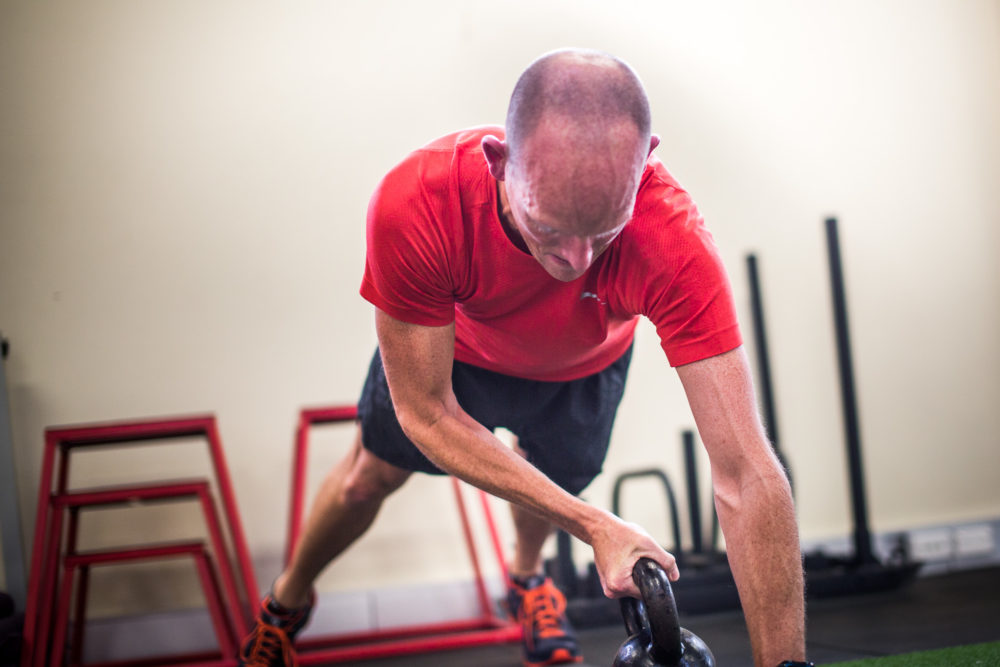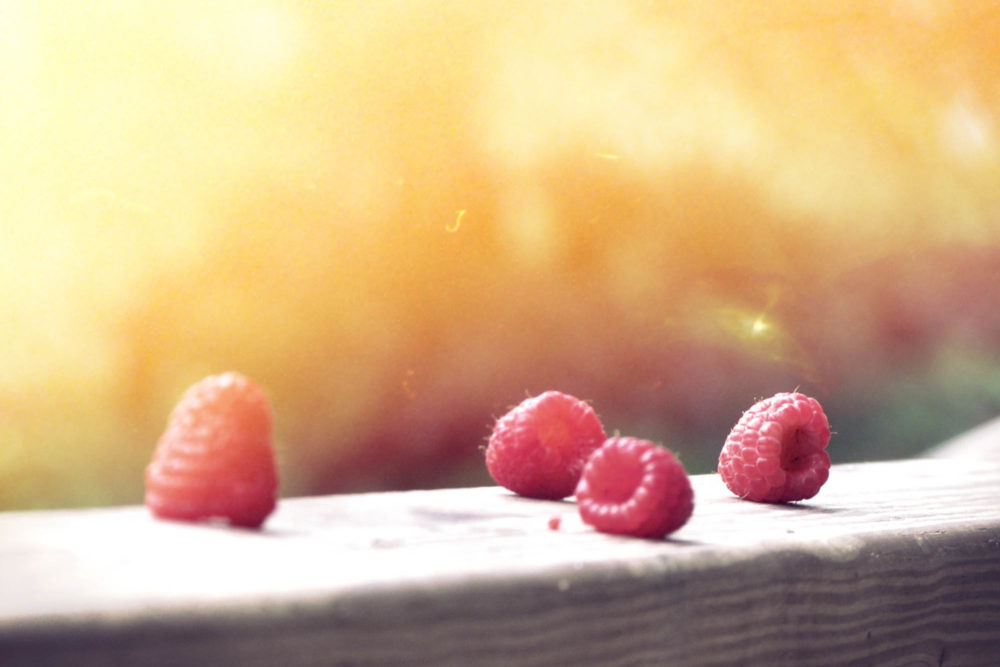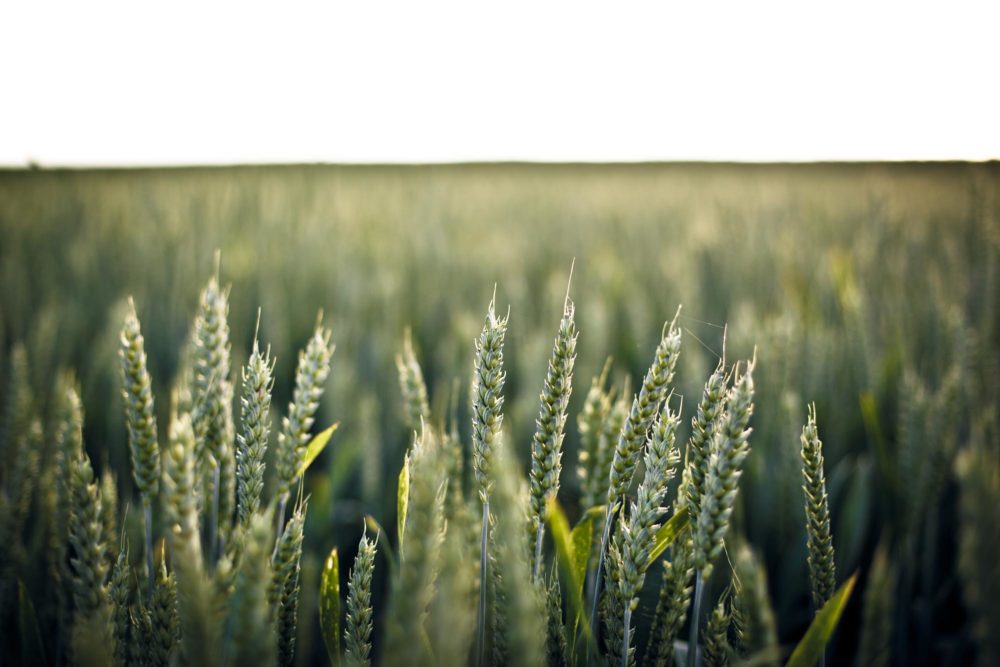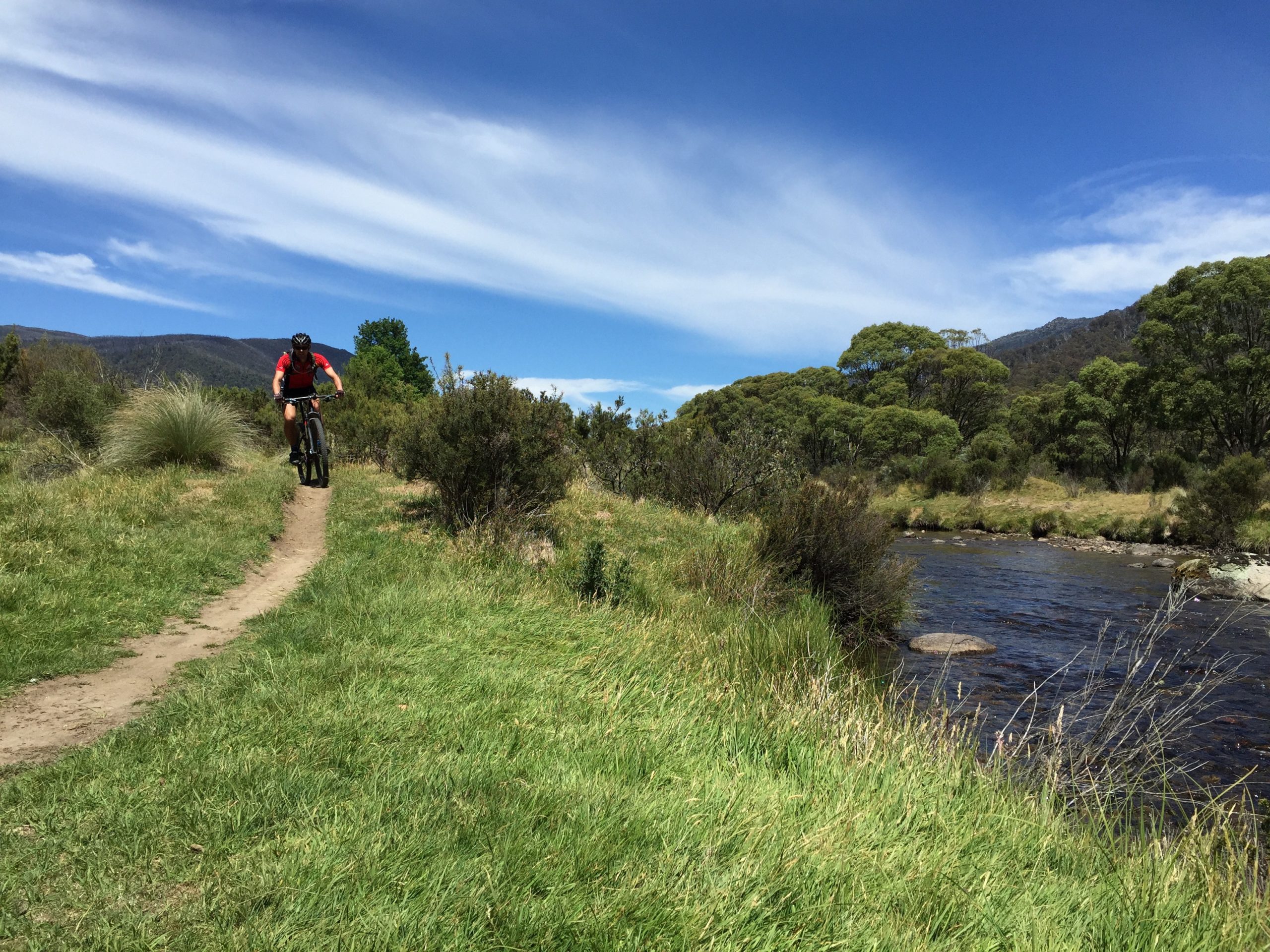
Have you been pondering becoming a vegetarian? Maybe you find yourself subconsciously eating less meat in your daily diet. It’s seems to be a common theme that comes up amongst my clients and friends.
For many it evolves from feeling slightly uneasy about the way our food is reared and treated before it becomes dinner. For some, (like my husband) it’s due to their partner taking the veggie option, so less meat gets included at meal times.
I’ve been vegetarian since I was 16. It was an easy decision for me. I never liked being reminded that the food on my plate was once leaping round fields. The clincher came when I was home from school one day and saw a TV programme about an abattoir. From that day on I hung up the steak knife and ‘turned’ into veggie Vera.
Looking back it forced me to learn how to cook, and get in touch with food. I didn’t want my mum to have to prepare things especially for me, so I brought books, and played in the kitchen to create meals for myself and my family. Although my Dad always used to refuse to eat ‘weird veggie food’ I made, he is definitely a meat eater!
There is no doubt that while our closest relative is the fruit eating chimp, 6 million years of evolution have bred humans into meat eaters.
Passionate vegetarians will tell you that our bodies are not designed to eat meat. Our digestive system resembles that of the herbivores and the frugivores (fruit eaters). Also, that we have a lower stomach acid due to our need only to digest plant based foods, whereas carnivores have a stomach acid concentration ten times greater to enable them to quickly digest the meat.
Staunch paleos will argue the opposite, that meat consumption aided the evolution of the large human brain, that fossils prove we actively hunted meat for food, and that if we were meant to eat a plant based diet we would have been equipped with the multiple stomachs of a cow!
To be vegetarian is, therefore, another evolutionary miracle of our developing brains, it is a lifestyle choice. We can now choose to have a meat free diet in a world that provides many alternatives to ensure we are left deficient in proteins and nutrients. Back in our hunting days, food options would have been limited and the tribe would have hunted to survive. We would have hardly been able to pop to the shops for some falafel if wooly mammoth were not to our taste!
I choose to live meat free not because of what we are or aren’t suppose to be, but because on a conscious level I cannot bring myself to eat another living creature for my survival, nor do I need to. Pop me into the bush to fend for myself for 6 months, and I have no doubt the survival instinct would kick in eventually and I’d find myself belly down on the river bank tickling trout and chasing down chickens!
The main issue many people have with being vegetarian is the belief there will be a lack of protein or nutrients in their diets. There is also the worry about it being hard work and that it becomes difficult to be social. Will friends stop inviting you for dinner as you are to hard to cook for?
The lack of protein is a myth and just needs a little education and research. If you are a fish eating veggie then you have way more options than others like. I really don’t worry too much about weighing out my protein. I tend to look at my plate and ensure I always have protein within the meal I’m eating. Adding nuts and seeds, using eggs and cheeses, enjoying legumes a plenty and when I’m training for events, I up the anti with a good sourced pea or hemp protein. Protein teamed with good fats are an essential part of cell building and muscle recovery so if you are doing any form of sport you need to ensure you are eating enough to repair and recover from training.
Iron is of course another concern, but again wrongly. Research shows that iron deficiency is no higher in vegetarians than it is in the general population. A well balanced vegetarian diet contains manly iron rich foods. Good sources include legumes, whole grains (including wholemeal bread), wheat germ, oatmeal, green leafy vegetables, peas, broccoli, potatoes, nuts, seeds, peaches and dried fruit. If you are worried about this, then a good quality supplement will usually do the trick and always talk to your Doctor or Naturopath about being tested for iron deficiency.
The main reason most vegetarians opt to say ‘no thank you’ to meat is the way our food is reared. Big business farming sees animals unable to roam free, eating unnatural diets to fatten them up for market, they can be full of growth hormone to bulk out the animal, and in turn the animals get sick and are pumped full of antibiotics to keep them ‘well’. They are often feed on diets that contain products grown with the use of fertilisers and pesticides. What we see on our supermarket shelves is the meat from unhappy, badly fed, sick, drugged up animals. We are literally what they eat. How unhealthy they are when alive will be ingested directly into our bodies when we cook their flesh.
Other than rearing and killing your food yourself (not likely in our inner cities!), choosing organic meats is one way to ensure that you know your meat comes from humanly treated animals fed on natural chemical free diets.
I know many vegetarians that will head off on fishing trips and will eat their catch of the day. Also, there are vegetarians who will occasionally eat meat if they know and trust the source. Getting to know your local butcher and talking to them about where their meat comes from is the perfect way to ensure you are fully aware of what you are eating.
At the end of the day, it’s your choice to take the veggie option. From a personal perspective, I’ve never felt healthier, never felt a need to go back to eating meat and am happy that my body performs as I need it to when enjoying competing in my choice of endurance sport.
If you’re thinking about turning vegetarian then you are half way there and are probably already cutting down on your meat intake. Take the leap and try it for 6 months and see how you feel. If you want to occasionally enjoy meat then make the conscious decision to ensure it’s from a trusted organic source and that the animals that provide you life giving food, live the best life they can before they hit your plate!
Resources:
http://www.veg-soc.org/cms/html/
http://www.marksdailyapple.com/meat-eating-human-evolution/


